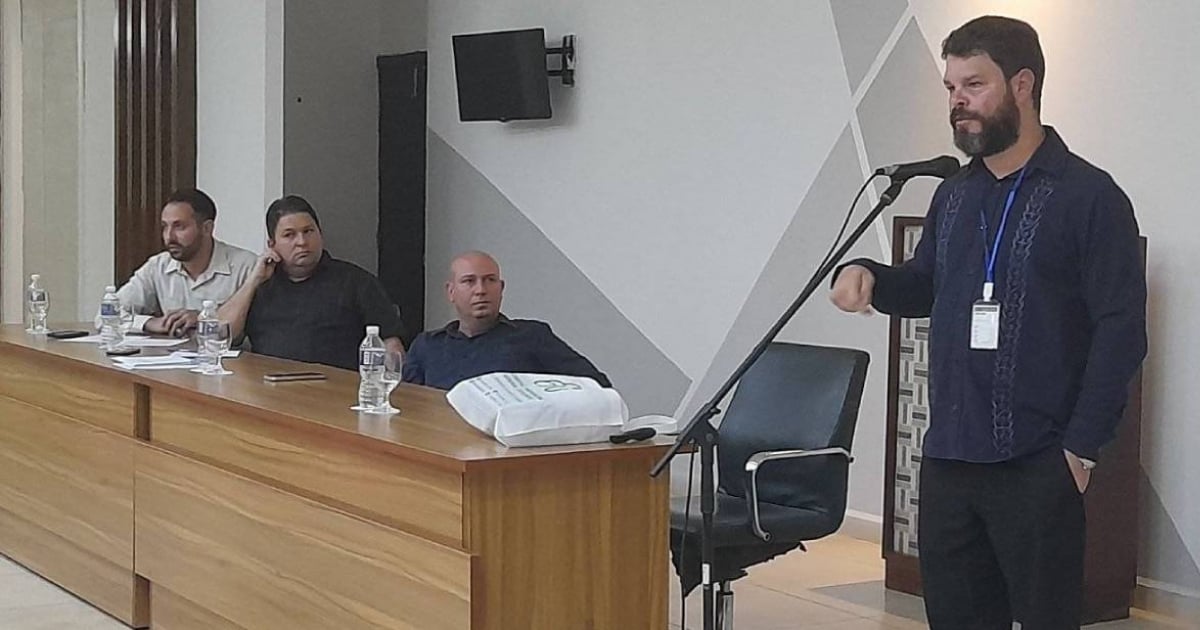Fidel Antonio Castro Smirnov, the grandson of the late Fidel Castro, made headlines this past weekend by calling for a "medical revolution" in Cuba. During the conclusion of the I Scientific Convention on Health, Society, and Sustainable Development, Castro delivered a keynote address titled "Nanotechnology and Nuclear Sciences in the Medicine of the Future." This conference took place at the "Dr. Antonio Luaces Iraola" Provincial General Teaching Hospital in Ciego de Ávila.
Emphasizing the importance of embracing what he terms P4 Medicine—predictive, preventive, personalized, and participatory—Castro Smirnov urged Cuban scientists to delve deeper into artificial intelligence, machine learning, and nanotechnology. His vision involves asserting research sovereignty through the development of patents and products that could generate economic benefits for the nation.
Technological Aspirations vs. Harsh Realities
Castro Smirnov's futuristic ambitions starkly contrast with the grim reality faced by Cuba's Public Health System, which is grappling with one of its most severe crises to date. While he champions cutting-edge technologies, hospitals across the island struggle to provide basic supplies such as medications, gloves, bandages, and sterilized materials.
The scarcity of essential resources jeopardizes the safety of both patients and healthcare professionals, who are forced to work under substandard conditions using recycled materials, risking severe infections. Patients in Cuba often have to bring their own surgical sutures to hospitals. The situation is so dire that many doctors are abandoning their posts, unable to deliver quality care and feeling overwhelmed by the dire circumstances.
Disconnected Visions and Immediate Needs
In a country where public health teeters on the edge of collapse and treatable diseases are claiming lives, the push for technological innovation seems disconnected from the immediate needs of the population struggling to survive. The regime persists in projecting an image of Cuba as a "medical powerhouse," yet the reality reveals a healthcare system stretched to its breaking point, lacking even the most basic conditions for providing adequate medical care.
Castro Smirnov's speech, reported by ACN, highlights a significant gap between the futuristic goals promoted by Cuba's scientific and political elites and the daily struggles of millions of citizens suffering under a system in crisis. The true "medical revolution" that Cuba desperately needs might not lie in advanced concepts or dreams of nanotechnology funded by public money, but rather in addressing the fundamental shortages that currently undermine the quality of life for Cubans, who can't even find aspirin at pharmacies.
